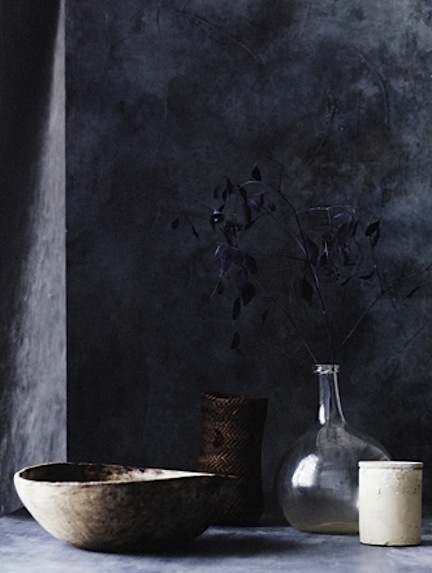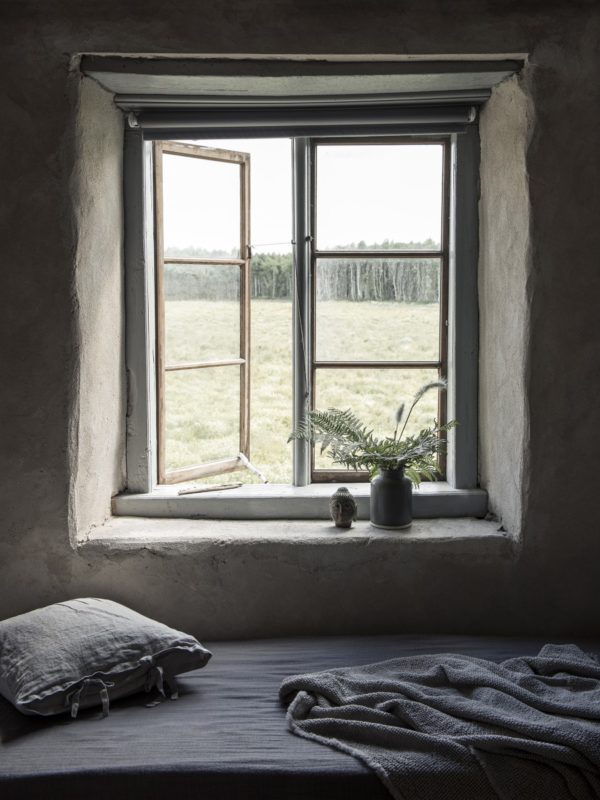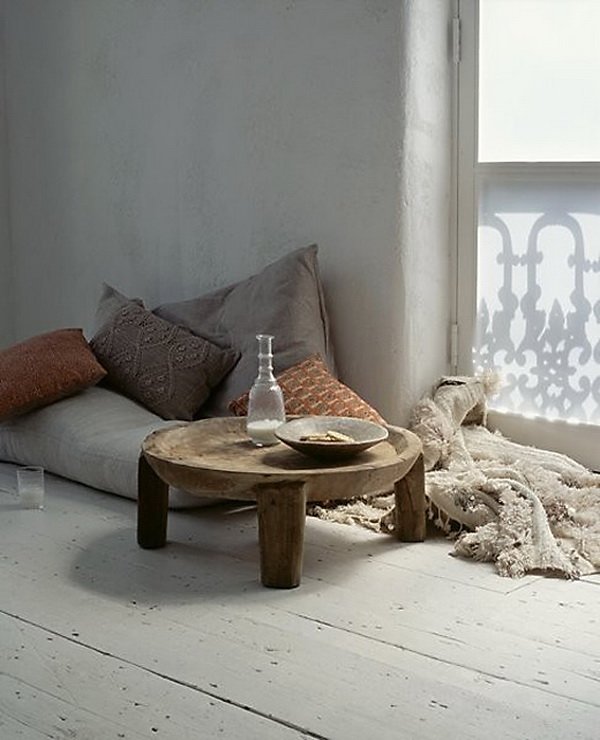

Life was never intended to fit within the perfect frame of an Instagram square. In fact, the nuances of everyday life are anything but square – they are rough and uneven, imperfect and unconventional.
These are the qualities of wabi-sabi, a Japanese philosophy that favors the organic elements of life – modesty, imperfection, and simplicity. Wabi-sabi’s ideology is so broad and vastly applicable, that it can be difficult to define. In general, it’s about embracing flaws, rediscovering simplicity and learning to love the natural process of aging. It involves shrugging off perfection and coming to terms with the fact that life is intended to be a little messy.


Wabi-sabi began in ancient China, with roots in Zen Buddhism. Today, it is more closely associated to Japan, stemming from the simplistic beauty within its traditional tea ceremonies, as expressed by historical Japanese tea master, Sen no Rikyū. The organic material of the tea cups and the ripples on the water as the tea is poured can both be considered expressions of beauty by wabi-sabi terms.
 The meaning of wabi-sabi has evolved over time (a process that is, in itself, rather wabi-sabi, demonstrating all-encompassing impermanence). The term wabi-sabi consists of two concepts: ‘wabi’, which roughly translates to ‘rustic simplicity’ and ‘sabi’, meaning to ‘take pleasure in the imperfect’. When combined, they define the energy – the wabi-sabi – that radiates from the source in which it embodies.
The meaning of wabi-sabi has evolved over time (a process that is, in itself, rather wabi-sabi, demonstrating all-encompassing impermanence). The term wabi-sabi consists of two concepts: ‘wabi’, which roughly translates to ‘rustic simplicity’ and ‘sabi’, meaning to ‘take pleasure in the imperfect’. When combined, they define the energy – the wabi-sabi – that radiates from the source in which it embodies.
It seems simplicity is increasingly desirable in all aspects of life, honoring the less-is-more mentality – from the items that we choose to fill our homes, to the ways in which we travel. As more young adults reject the accumulation of physical possessions, they are instead pursuing more meaningful experiences, often in search of a deeper connection to their surroundings, and to themselves.


Implementing wabi-sabi into your own life does not require any tools other than an open mind. Through its values of discovering beauty in simplicity and embracing the natural passing of time, we can begin to challenge our existing definitions of perfection, which in turn can lead to a more fulfilling life. How?

Discover an appreciation for natural objects by bringing elements of nature into your home. Reject the desire to buy new things, and learn to love the things that you already own – even those that you may see as ‘broken’. Pick wildflowers over store-bought flowers – don’t be dismayed when they wilt and fade. Wear the torn jeans that you were planning to throw away. Learn to love the wrinkles and fight the urge to iron your linen bed sheets. Embrace what you have, imperfections and all.


While we know that travel plays an important role in our overall well-being, applying the principles of wabi-sabi can help heighten our awareness and appreciation of our surroundings while traveling. Rather than devising a travel itinerary from a list of photogenic, Insta-worthy landmarks, aim to visit interesting places that are perhaps a little offbeat and unsightly. Swap a chic hotel for an Airbnb in a quiet neighbourhood where you can feel the region’s heartbeat. For every upscale restaurant that you choose to dine in, enjoy a meal from a local street vendor. Explore places that feel raw and real, and seek destinations that speak to you. Embrace the imperfections of travel for it will add depth to your experience. Memories, after all, are the greatest souvenirs.

